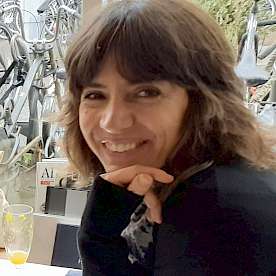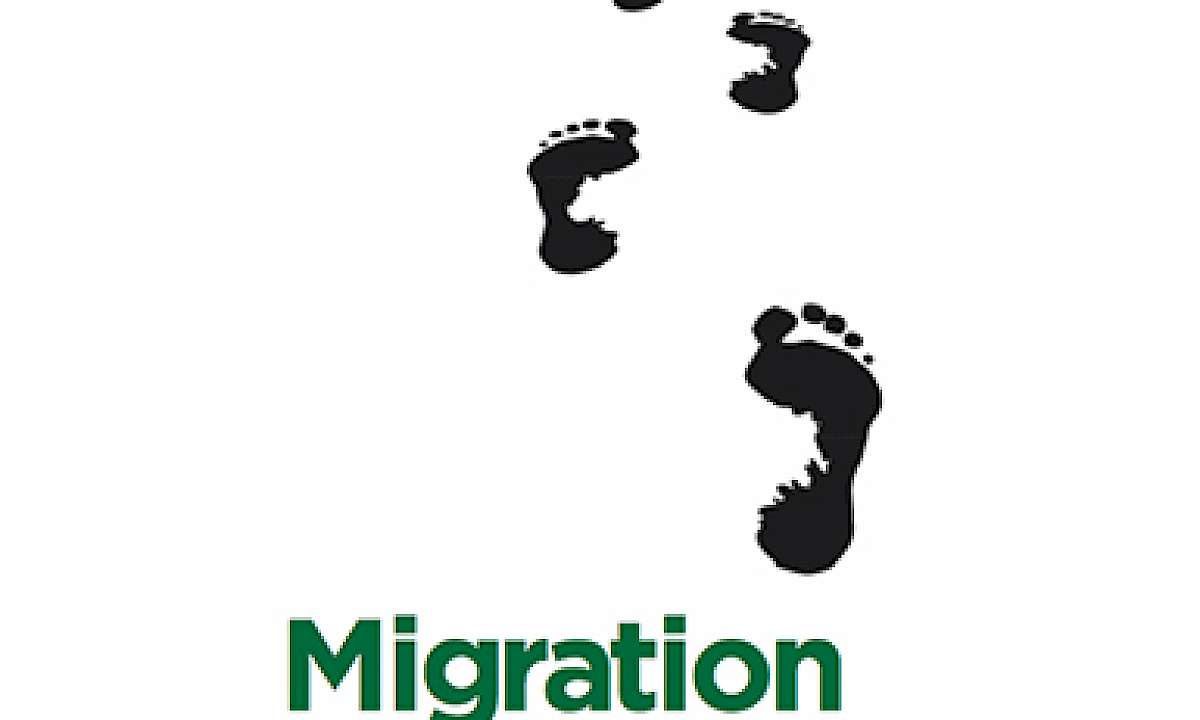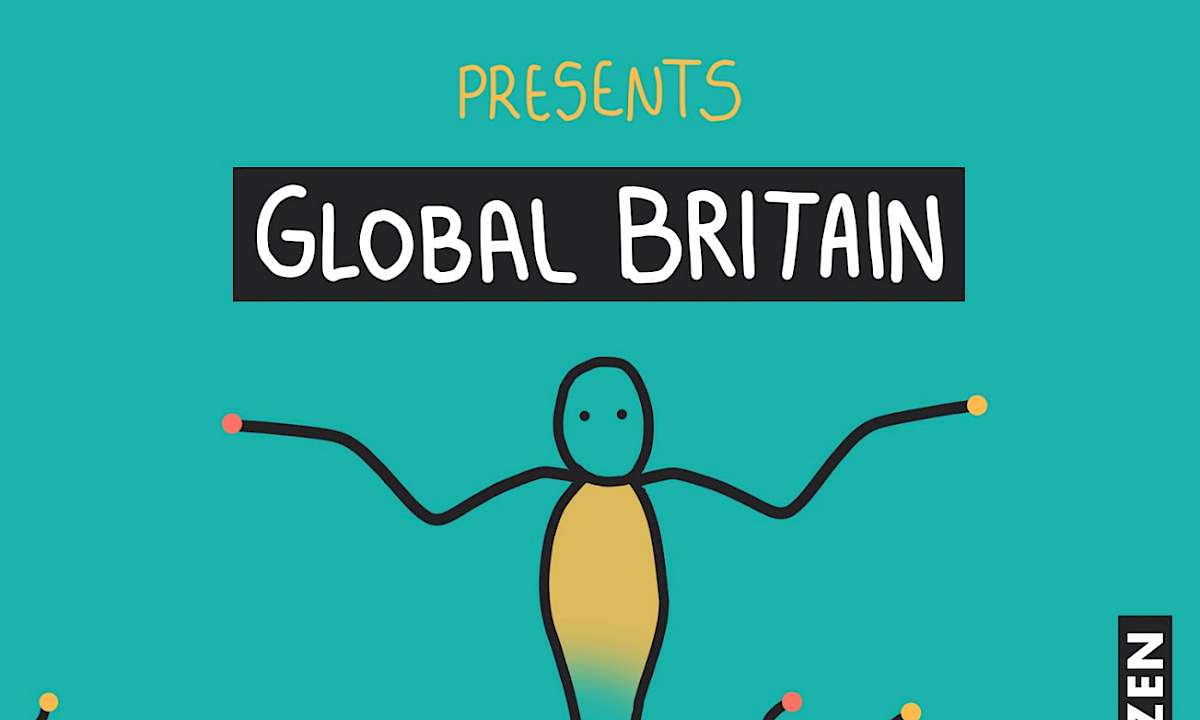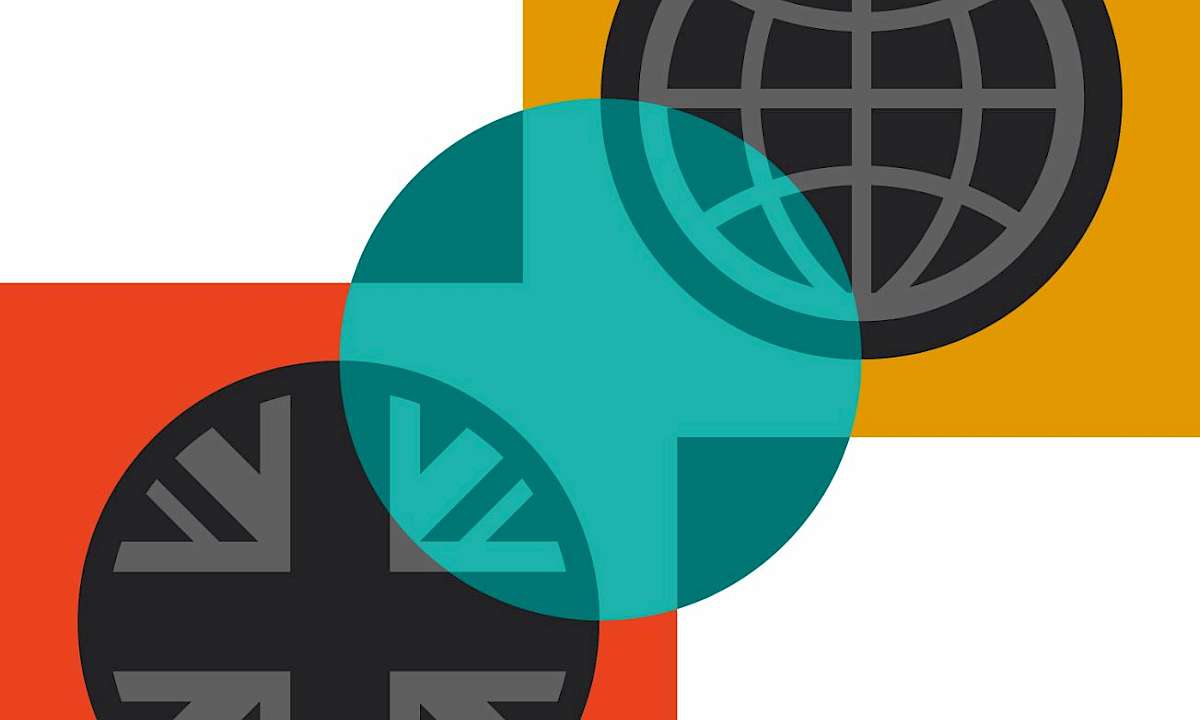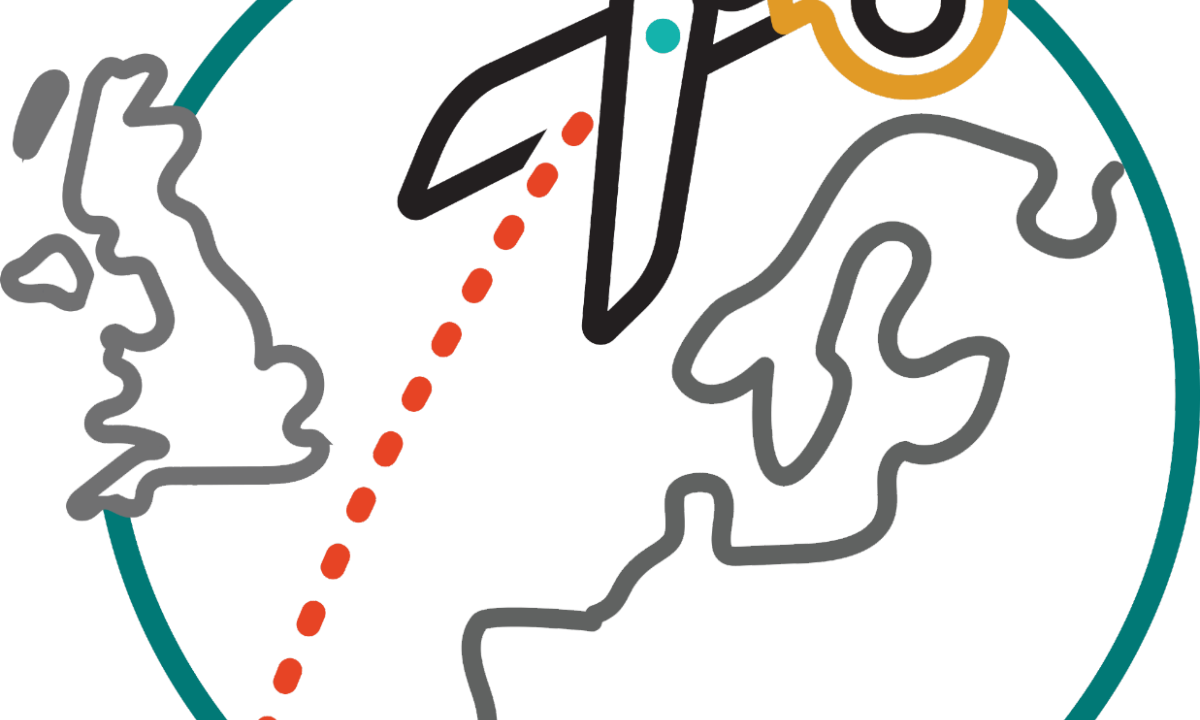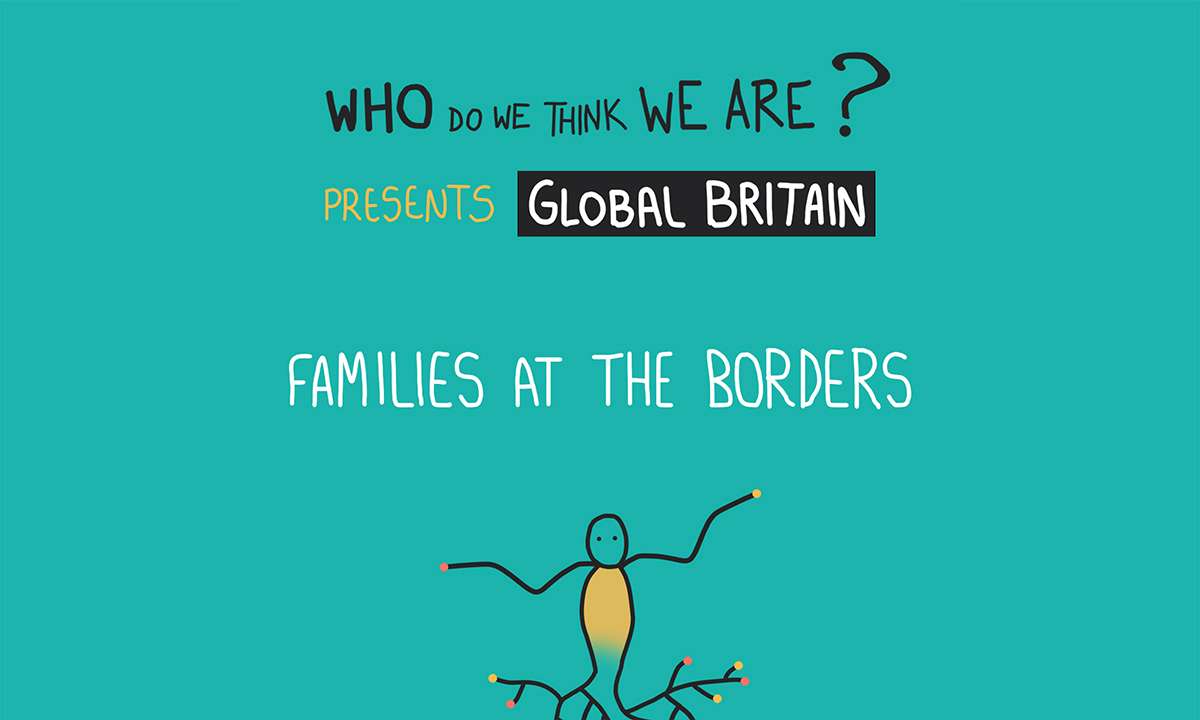
[T]here is now quite a lot of documented evidence of the harm that the immigration system causes to people, to children and to adults as well. And going through the family migration system is an ordeal and that doesn't have to be that way. I guess, you know, it will never be completely worry-free. But do we really have to put people through so much? Does the immigration system have to be so complex, so expensive, so stressful, such an ordeal for people?
— Helena Wray
Today Episode 7 of our podcast collaboration with Who do we think we are? launches. And we’re talking Family Migration, the role that its regulation has in the production of imagined national communities, and its impact on the everyday lives of transnational families.
Listen to the episode here.
Over the past fifty years, in economically wealthier countries, the formation of intimate ties across national borders has increasingly become an issue of concern and an object of increased surveillance and policing. This is because family migrations challenge nation states’ aspirations to decide who shall be allowed to enter and settle on their soil. Indeed, in their exercise of national sovereignty, states need to consider and balance people’s fundamental human right to a family life, which is enshrined in several international legal instruments, such as the Universal Declaration of Human Rights and the European Convention on Human Rights.
Historically, this balance between right and might has and continues to shift over time. From the regulations of labour migration emanating from the countries at the heart of the European integration project, such as Germany, and to their more recent developments in post-Brexit Britain, Michaela Benson explains how constraints on family members’ mobility were and are based on
the underpinning assumption that people who came for the purposes of providing, I suppose a reserved labour for to European states, were not permitted to settle and therefore, you know, they were not expected to create these families. And we see the resonance today, in some of the worker schemes that we have in the UK, for example, the Seasonal Worker schemes do not permit that right to settlement, they do not permit the bringing of family members.
Nevertheless, not all transnational families are equal, and some are looked upon and treated more favourably than others. This is particularly the case of families consisting of EU citizens, whose members all enjoy freedom of movement across the EU, vis-à-vis other families who do not, or no longer have access to such privileged mobility rights. For example, our recent article highlights the constraints facing British-European families who suddenly found themselves traversed by the UK-EU border in consequence of Brexit.
Yet, differences in nationality alone do not sufficiently capture the many stratified inequalities lying at the heart of the European project itself. As Nando Sigona highlights,
when we talk about European families or when we look at pan-European family, it is often presented in a very positive light when it has to do with old member states’ nationals mixing, but then [these European families] become much more problematized and constructed as more problematic when involving, for example, Central Eastern Europeans. So, there is a racial hierarchy that is embedded also in the positive underpinning behind this idea of the European nations.
Tune in to the remainder of the season, to find out how the redrawing of boundaries around both the British and EU imagined communities is entangled with a changing migration-citizenship regime, which continues to shape the lives of migrants and rewrites Britain’s migration story after Brexit.
You can listen to the podcast and the back catalogue, access our shownotes, active listening questions and transcripts on our podcasts page.
And you can follow the podcast on all major podcasting platforms or through our RSS Feed
How to cite this episode:
Benson, M., Sigona, N., Wray, H. and Zambelli, E. (2023) Who do we think we are? Presents ‘Global Britain’. S3 E7 Families at the borders [Podcast] 17 November 2023. Available at: https://sites.libsyn.com/365921/website/category/s3-e7-families-at-the-borders (Accessed: add date here)

